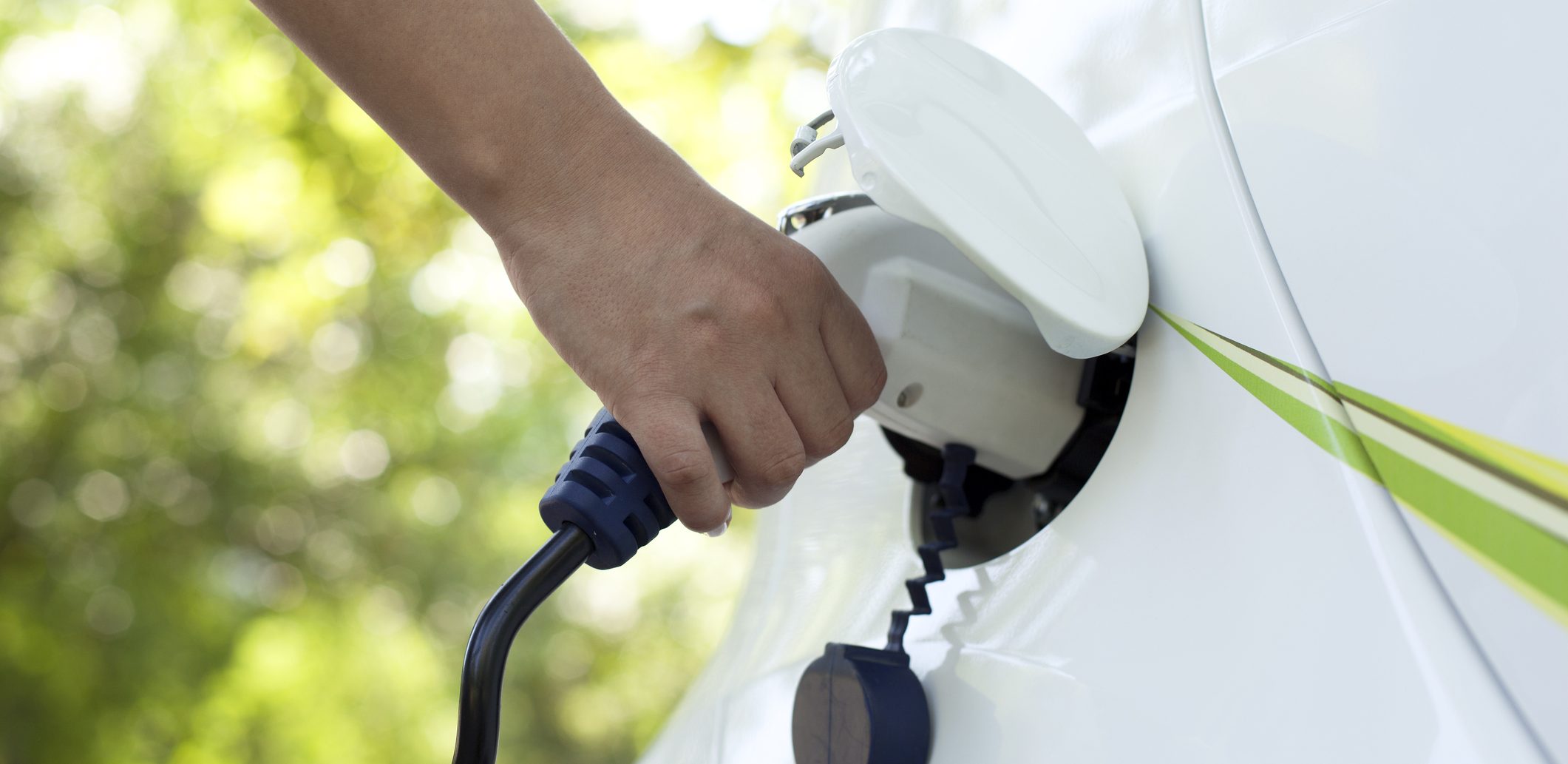Charging up for success
The watershed news came just before Christmas – the number of fully electric and plug-in hybrid cars on the world’s roads has now passed the three million mark.
The global growth rate now shows that electric car sales are running at about a million per year which is being driven by government incentives in some countries, as well as the launching of new electric models and falling battery costs.
China is the world’s biggest market for electric cars and is now in the driving seat of production of electric vehicles and the necessary infrastructure of battery technology, charging points etc – with a number of incentives to buy electric as it tackles its own environmental problems.
Manufacture in UK
Unite has been arguing that electric vehicles for sale the UK market should be manufactured here along with the necessary infrastructure including battery manufacturing, recharging points, recycling of batteries and a new infrastructure of charging stations.
Unite members are already building the all-electric Leaf and Lithium-ion batteries at Sunderland, the new generation of hybrid engines at Toyota in Deeside and Burnaston, the electronic version of the iconic black cab being built at Geely in Coventry – and of course we welcome the prospect of building the new electric Mini at Cowley in 2019.
On a recent visit to Nissan to sign a new operating agreement with the company (see picture below) Len McCluskey was given a test drive in the new Nissan all electric Leaf with the latest pro pilot technology. He said “I thought this technology was coming, but it is actually here now! Unite intends to make sure we build the electric and autonomous cars of the future here in in the UK.”

Unite has also welcomed the new electric battery manufacturing plant associated with Jaguar Land Rover in the West Midlands.
But Unite has recognised that much more needs to be done to bring electric vehicle production to the UK, and to make sure that the UK remains a world leader in the automotive industry with a world class workforce ready to meet the challenges of the next generation of vehicles including electric and autonomous cars.
That is why Unite will be launching a new strategy to deal with electric vehicles, autonomous technology and future mobility – commissioned by our automotive sector.
Working with Professor David Bailey of Aston University and other industry experts, a team of senior union reps from the automotive sector have put together a strategic plan to boost the UK electric vehicle industry and to campaign and lobby for much more investment to be made in the technology here in the UK.
The strategy proposes an industrial plan to secure new investment and remove the barriers to the next generation of vehicles.
These include public investment in research and development; investment in infrastructure including charging stations, the national grid, domestic lithium extraction and battery recycling facilities; to re-tool, reskill and develop the automotive supply chain; an integrated public transport plan with incentives for electric vehicles; positive procurement by local and central government and a national car scrappage scheme to promote sustainable take up of electric vehicles.
More investment vital Â
Unite is demanding more investment in these technologies – just to keep pace.  For example the UK has made some public investment – ÂŁ400m in the last budget into research and development – which we welcome but only ÂŁ80m has been earmarked for a charging infrastructure and ÂŁ150m for low emission busses and taxis.
Compare this to the USA where the Obama administration invested $6bn in 2016 in the development of electric vehicles.
Recent figures also show that although the UK is the third fastest investor in electric car infrastructure across the EU, we are well behind France who installed 12,000 charging points last year and Germany who installed 8,000 connectors in 2017.
The UK installed under 3,000 public electric vehicle charging points last year, just ahead of Switzerland, Austria and Norway – countries who have significantly smaller populations than the UK.
Unite’s strategy sets out the case not just for more investment but also for schemes to attract electric and autonomous vehicles to the UK and there is much to be learnt from the experiences in Germany, Norway, who have developed a package of incentives for electric vehicles.
Following the dark days of a decade ago, the UK car industry with a world class workforce has been a fantastic success story. Unite does not want to throw that away by falling behind investment in the next generation of vehicles.
Unite’s strategy document will be available to our reps and members in the automotive industry and supply chain companies, as well as companies and MPs.

Unite’s strategy document out soon
We are working closely with a number of companies who have indicated that they intend to invest in electric vehicles and the infrastructure – but we need the political will of the government to get behind the industry with a massive commitment that will enable the UK to go head-to-head with other countries who have already stolen a march on us.
While there is still much to be done with the technology and the understandable concerns and confidence in electric vehicles, Unite does not intend to stand idly by and watch other countries race ahead of us and it won’t be enough just to keep pace.
The document will also be available online – stay tuned to UNITElive for updates.
I would encourage our members to read the document. Our team would be happy to meet with companies and our members to set out the case for the UK to continue to be a success story with a world beating automotive industry.
 Like
Like Follow
Follow

